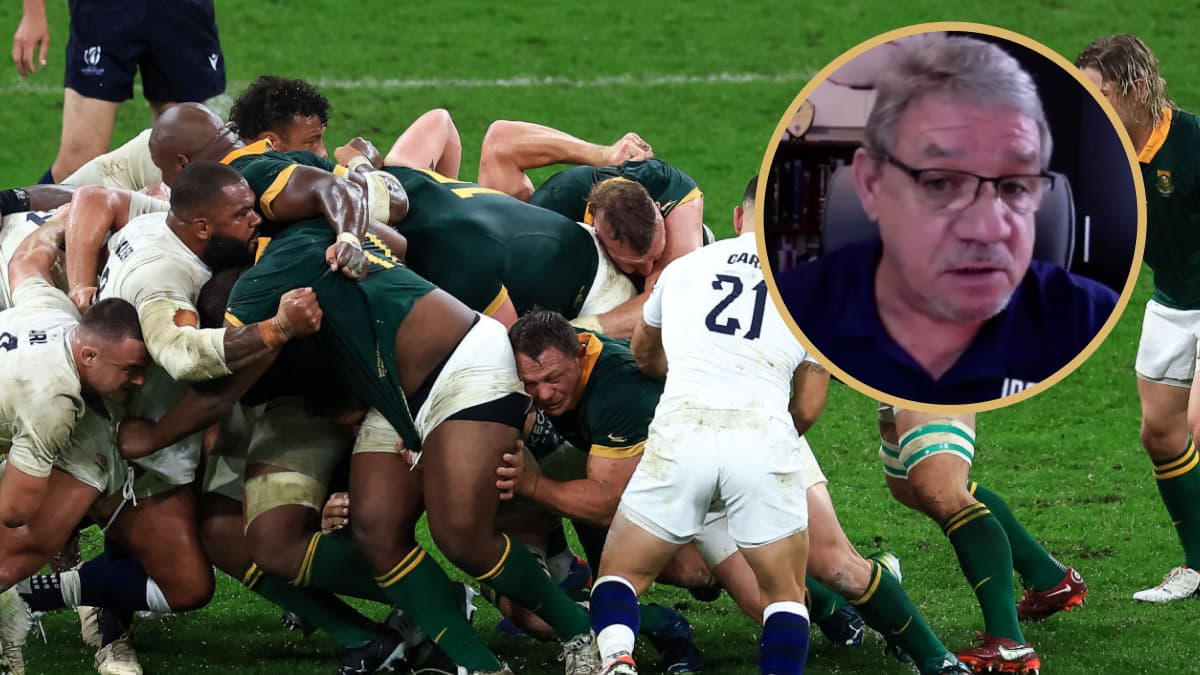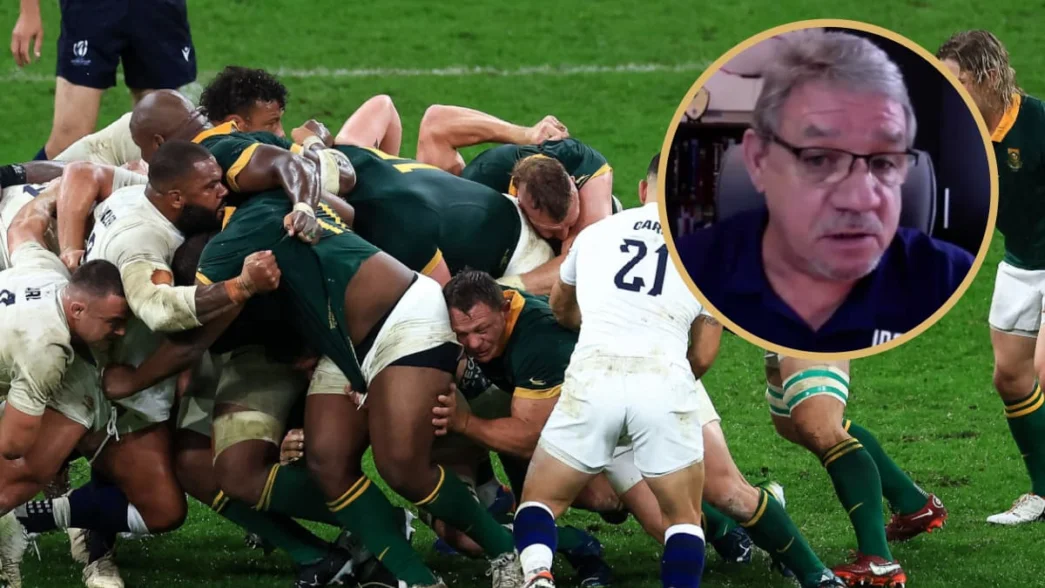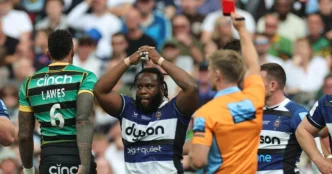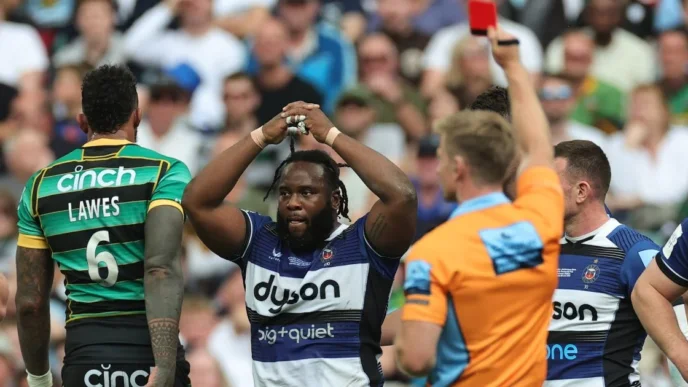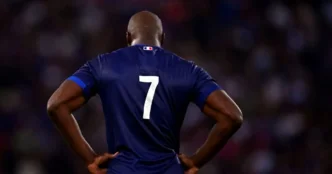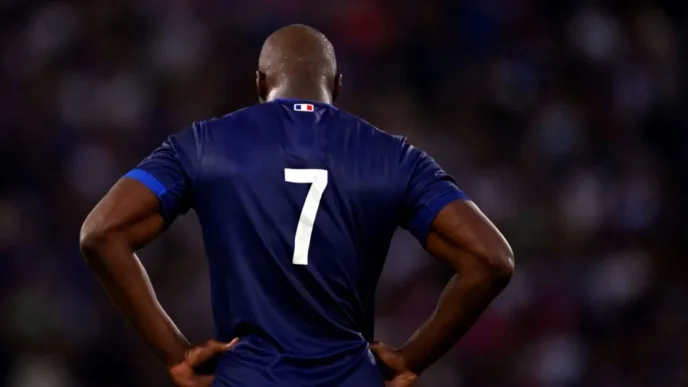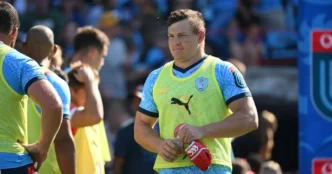Here is the article with the requested Markdown formatting:
BBC Rugby Union: World Rugby Defends Scrum Law Changes, Denies Targeting Springboks
In the wake of South African rugby union’s concerns over new World Rugby scrum regulations, the governing body’s referees chief, Tappe Henning, has staunchly rejected any claims of a targeted approach against the Springboks.
The recent introduction of a law, effective from July 1st, prohibits teams from opting for a scrum after a free-kick has been awarded. This means we won’t see instances like Damian Willemse’s World Cup tactic of calling for a scrum from a mark.
The controversial amendment has sparked outrage, particularly in South Africa, with the perception that the Springboks are being unfairly targeted. However, United Rugby Championship (URC) referees boss Henning, a former South African match official, dismisses this notion.
“It is not about that decision,” Henning told rugby365.com. “It is about the reset of the scrum and the time it takes to reset a scrum – sometimes repeatedly.”
The official cited spectator frustration over the excessive scrum resets as the driving force behind World Rugby’s research-backed decision.
Henning, who has experience overseeing referees at SA Rugby, emphasizes that the scrum remains an “integral part of the game” and that the governing body is merely aiming to make the sport more attractive for fans, without diminishing the set-piece’s importance.
“Scrums and mauls create space – bringing 16 players into a small space and leaving space out wide. It is an integral part of the game that should remain,” he explained, underlining World Rugby’s commitment to preserving the essence of rugby union gameplay.
The refereeing veteran’s comments come in the wake of Jake White’s recent theory, which dismissed any notion of a “conspiracy” against the Springboks. Henning echoes this sentiment, insisting that the scrum law change is not targeted at any specific team but rather driven by the broader need to enhance the game’s appeal and flow.
As the rugby union community grapples with these developments, the debate around the scrum’s role in the sport’s future continues, with World Rugby steadfast in its resolve to strike a balance between tradition and innovation.
🔗 Source
